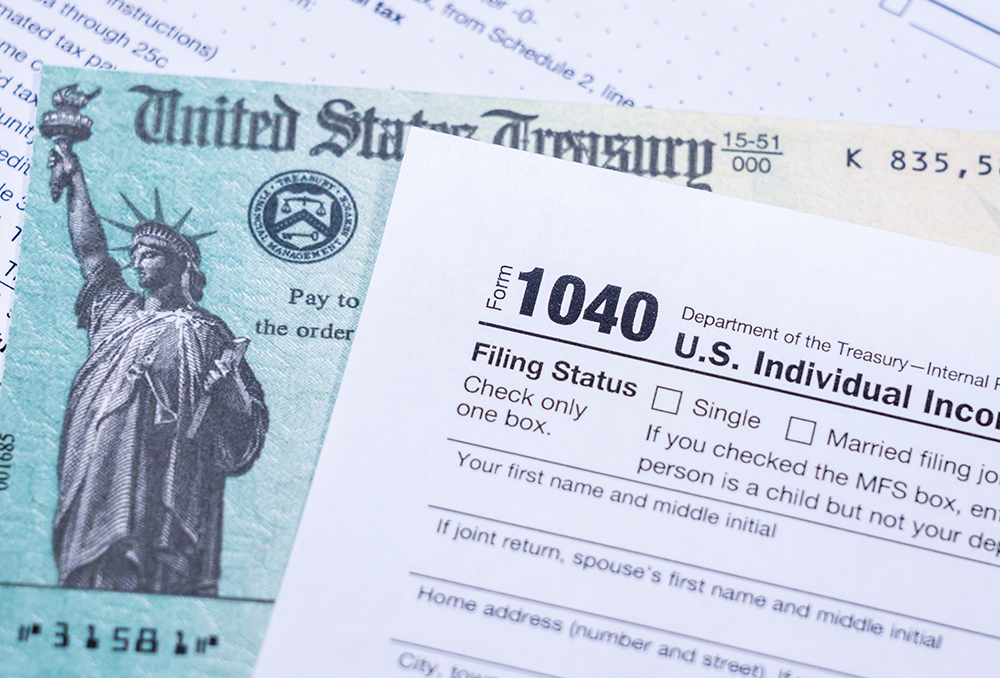
While the general rule is that Social Security benefits are taxable, things like filing status and other sources of income determine how much tax you’ll pay.
OTHER INCOME
Those with little or no additional income outside of Social Security typically won’t pay any taxes on those benefits. Income from wages, self-employment income, and investment income, including tax-exempt interest, are all factors for determining how much of your benefits are taxable.
FILING STATUS
If you’re married and file a joint return, you and your spouse must combine your incomes and Social Security benefits when figuring the taxable portion of your benefits.
TAX CALCULATION
You’ll never pay taxes on more than 85% of your Social Security income. How much you’ll pay depends on your total combined retirement income, calculated as half of your Social Security payments plus all of your other income.
The limit for singles and heads of households is $25,000, and joint filers have a $32,000 limit. If you exceed these limits, between 50% and 85% of your Social Security benefits will be taxable. The calculation is not straightforward, so be sure to speak with your tax professional if you’re expecting to start receiving Social Security soon.
STATE TAXES
Along with federal taxes, some states also tax Social Security benefits.
PAYING TAXES
If you owe taxes on your Social Security benefits, you can pay them when you file your tax return in April, just like you did when you were working.
Alternatively, you can make estimated payments throughout the year to avoid a big expense at tax time. You can also elect to withhold taxes from your payments by completing Form W-4V (voluntary withholding) and sending it to the Social Security Administration. You can opt to have between 7% and 22% withheld.

